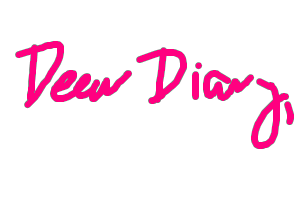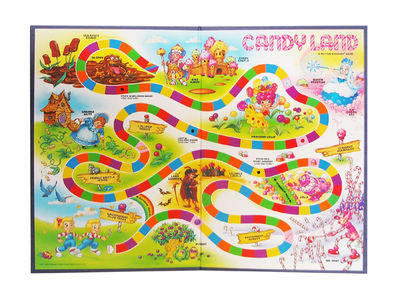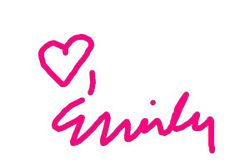- Flip the board over, say eff it, and play a new game
- Get someone to play for you
- Ask someone to help you understand how to play
- Do the hardest thing and figure out the instructions for yourself.
Then I take a breath and ask myself...is this fundamental? Do I need to know this to have a basic working knowledge of the tool? And how quickly do I need to learn this? If it's for my Tableau Public work, it's rarely urgent. But as I've written ad nauseam, I don't have a lot of free time so that means if I'm going to spend time learning about something, it needs to be important to me. And while it would be easy for me to ask a friend to help me out and take care of the obstacle, it's not really helping me out in the long run. Yes, I suppose I could reverse engineer the workbook so I could mimic what was done. But let's be real...rarely have I done that (primarily a time issue). Plus, my challenge is that it's one person's take on it. It could be the hackiest way to do things when there was a more direct way of doing things. In my day job, I've told folks that you can't shortcut a shortcut. Meaning, if you only learn from the hacky/speedy way of doing things & that's your baseline, you may be missing fundamental concepts. Of course it seems impossible to learn every single scenario that could be encountered. I don't think it's necessary (or possible) to learn every possible scenario. It's learning enough to be able to transfer and apply the knowledge learned to all other scenarios.
So where does that leave me? As much as I'd like to flip the board over, I don't foresee that. I really love data visualization, even if I still have a ton to learn. I can't get someone to play for me because it's like cheating (myself). Do the hardest thing and figure out how to play by myself? I'm not thinking this is a good option because of time and inexperience, which could lead to being frustrated and then wanting to flip over the board. That leaves me with reaching out for help. Ugh. Not super excited about this because it's scary for a couple of reasons. It's admitting I don't know what I feel are the fundamentals and the person helping me may get frustrated with my inability to pick up the subject. However, it's the best option I have. So that's what I'm doing.
As I think about all of this, I've also started to think about what I consider to be my strengths when it comes to visualizing data and some other fun observations. Like when I'm at work and someone is talking about data and what they're aiming to measure, I start thinking about the chart type (then I switch back to focusing on the content---which is actually my primary job). Or the thing that I enjoy the most is telling a story through the annotation layer. I think it's because I like to write and I think of the introduction, the body, and the conclusion of the story. I like thinking about all of the design elements that go into dashboarding. Much like I'm not a Jonathan Drummey for table calcs, I'm no Anya A'Hearn when it comes to dashboarding. But (& this is the most important part I think), I enjoy it. So I'll most likely miss the mark sometimes, but I'm sure I'll learn from it (feels a bit like Maxwell's Failing Forward).
Well, I think entry turned into a novella! Until next time...




 RSS Feed
RSS Feed
